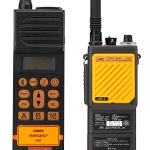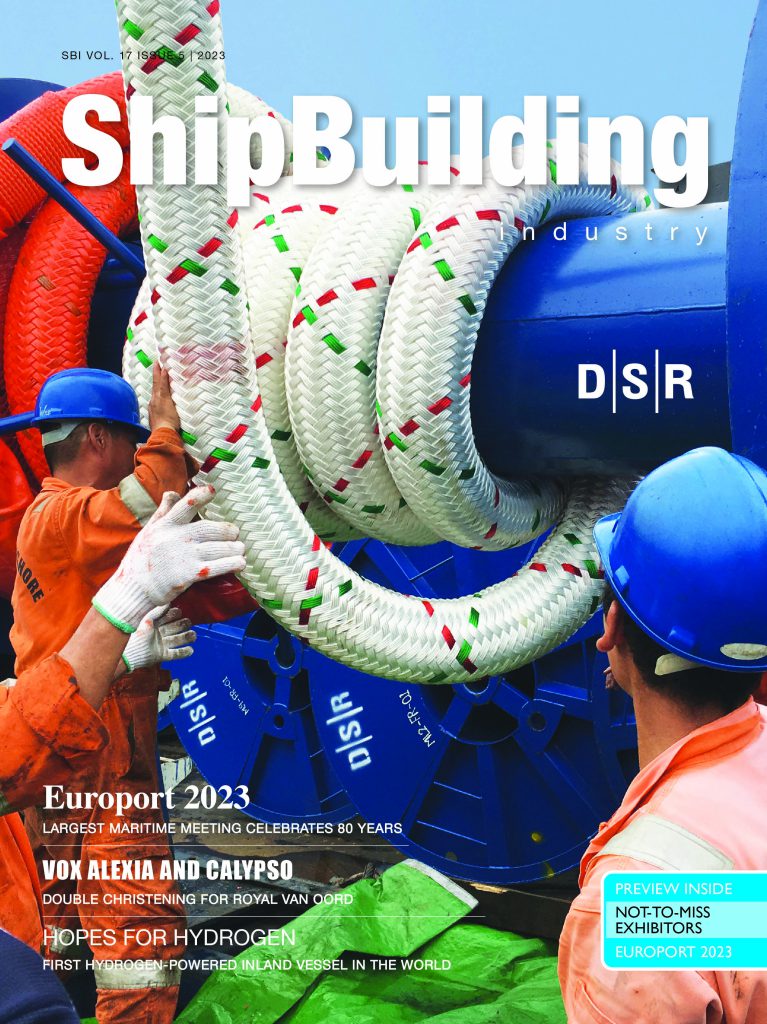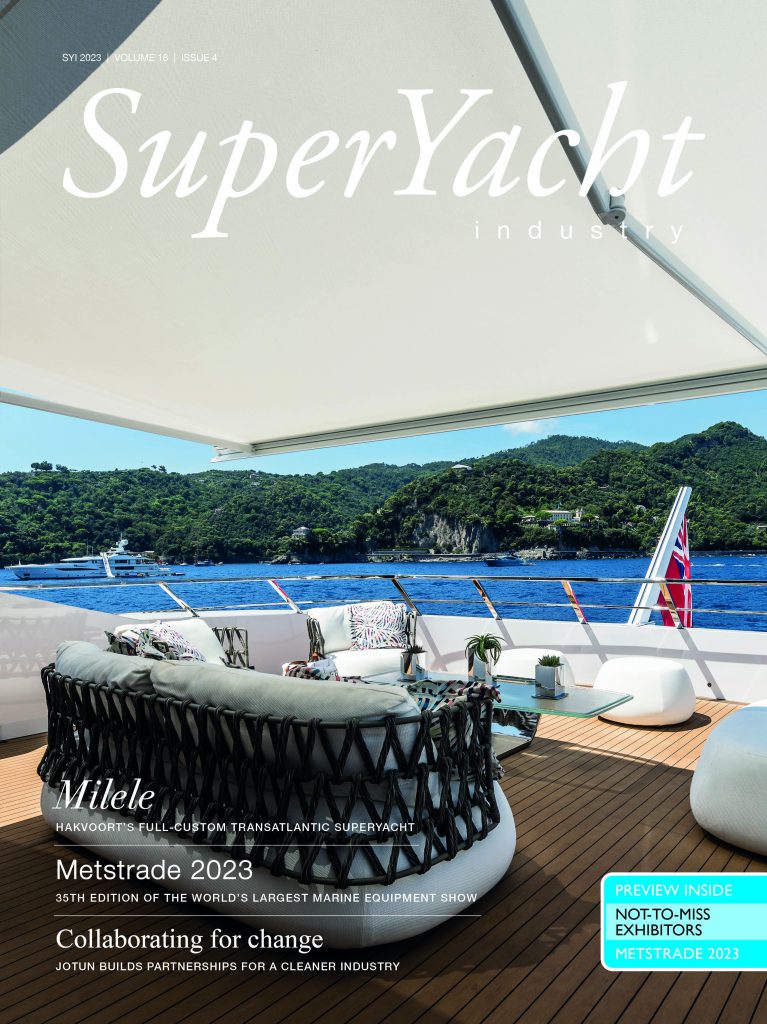Shipowners, Do Not Scrap VHF Radios
 New products under development by Sartech in the UK will save shipowners a fortune in servicing and replacement costs. Sartech , one of the world’s leading specialists in search and rescue technology, is developing a new range of batteries that will remove the need for ship owners and operators to replace their handheld VHF radios, simply because they can’t source the right replacement batteries.
New products under development by Sartech in the UK will save shipowners a fortune in servicing and replacement costs. Sartech , one of the world’s leading specialists in search and rescue technology, is developing a new range of batteries that will remove the need for ship owners and operators to replace their handheld VHF radios, simply because they can’t source the right replacement batteries.
Historically, the replacement batteries for Japan Radio Company‘s very popular JHS-7 handheld VHF radio have had limited production in Japan. As a result, the batteries have been very difficult to source in Europe and North America. The shortage of replacement batteries has prompted some shipowners and operators to buy entirely new handheld VHF radios, including all the associated brackets and chargers, when the primary battery in their original unit needs to be replaced, usually after about three years. This can be a costly and unnecessary business, especially for larger fleets with multiple GMDSS suites.
Owners and managers looking for these replacement batteries will soon have a cost-effective alternative. From its headquarters in Redhill, Surrey, Sartech is putting the finishing touches to a joint collaboration with JRC to develop a second manufacturing facility for the notoriously hard to source NBB389 battery packs that power the JHS-7 radios. Sartech is also developing lithium and rechargeable batteries for the popular Sailor SP3110 radio which is no longer in production. These batteries will be direct replacements for the SP3901 and SP3905 battery packs, which are no longer available from the original manufacturers.
“Our new batteries are manufactured to the original type approval specifications using exactly the same cell types as the OEM versions”, explains Peter Forey, managing director of Sartech. “The message to owners and operators is pretty simple: Don’t throw away your portable VHF radios and replace them with new ones just because your normal supplier says batteries are no longer available. From Q4 2010 we will be able to provide replacements for shipment anywhere in the world.”






